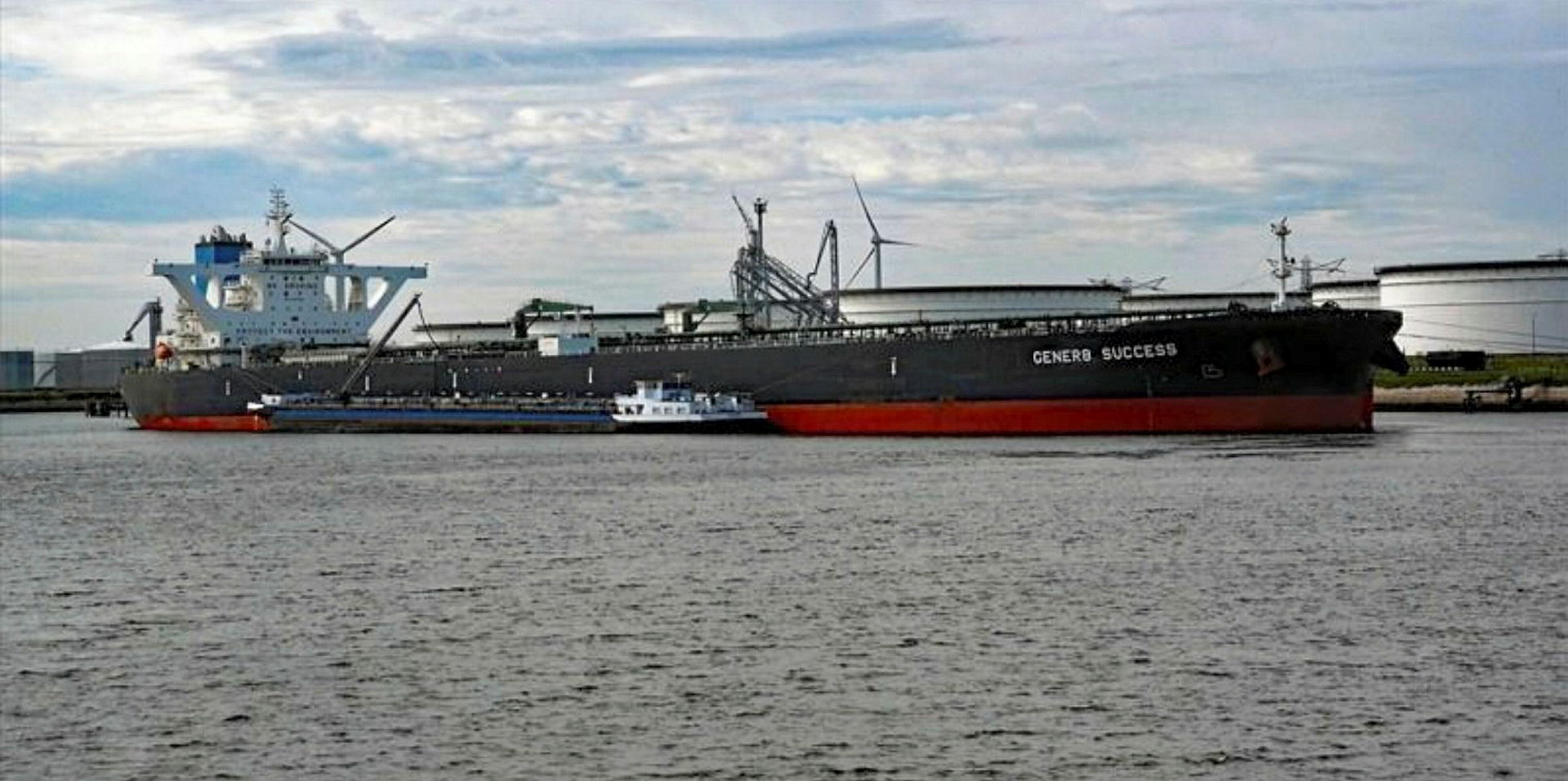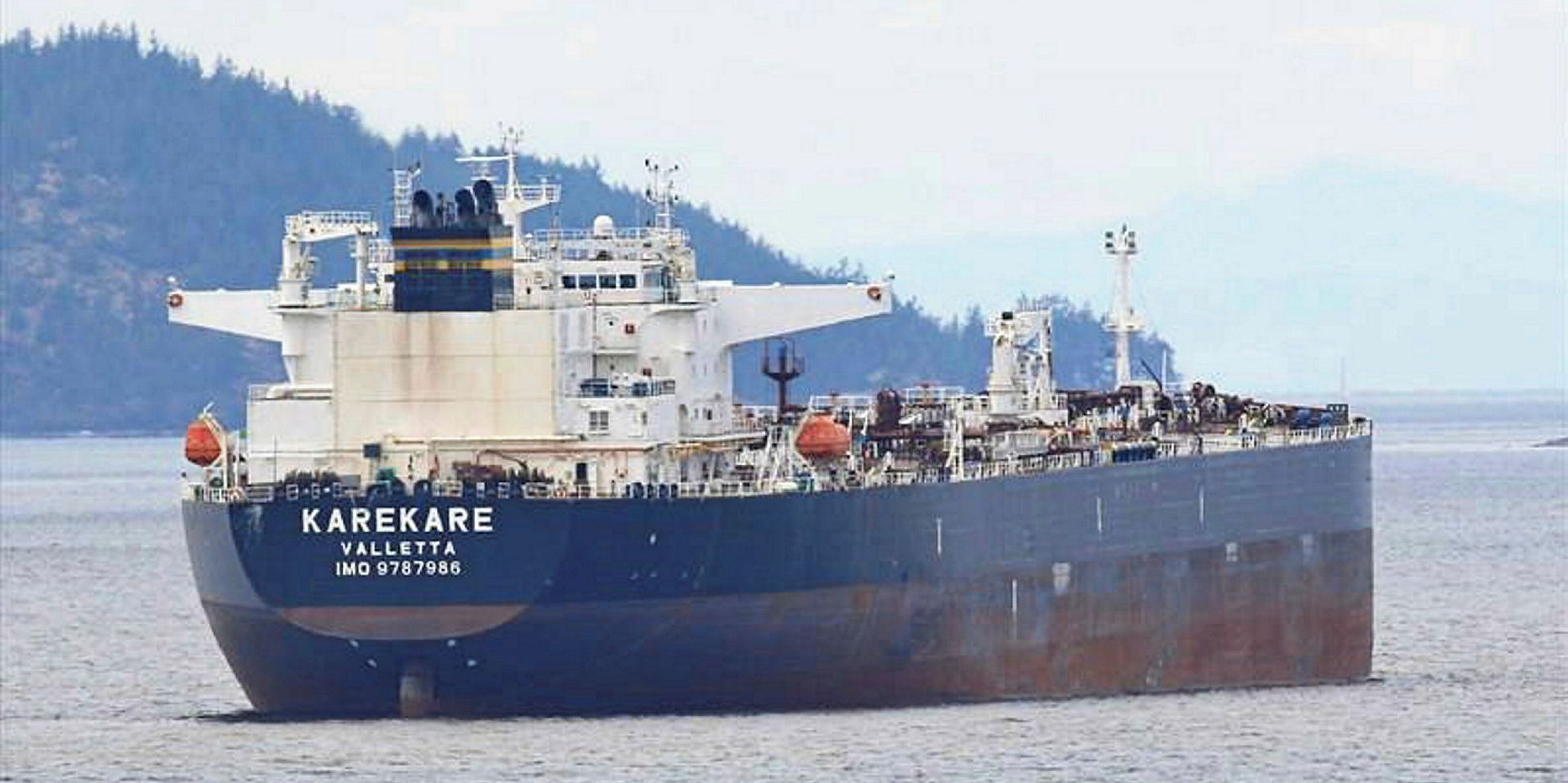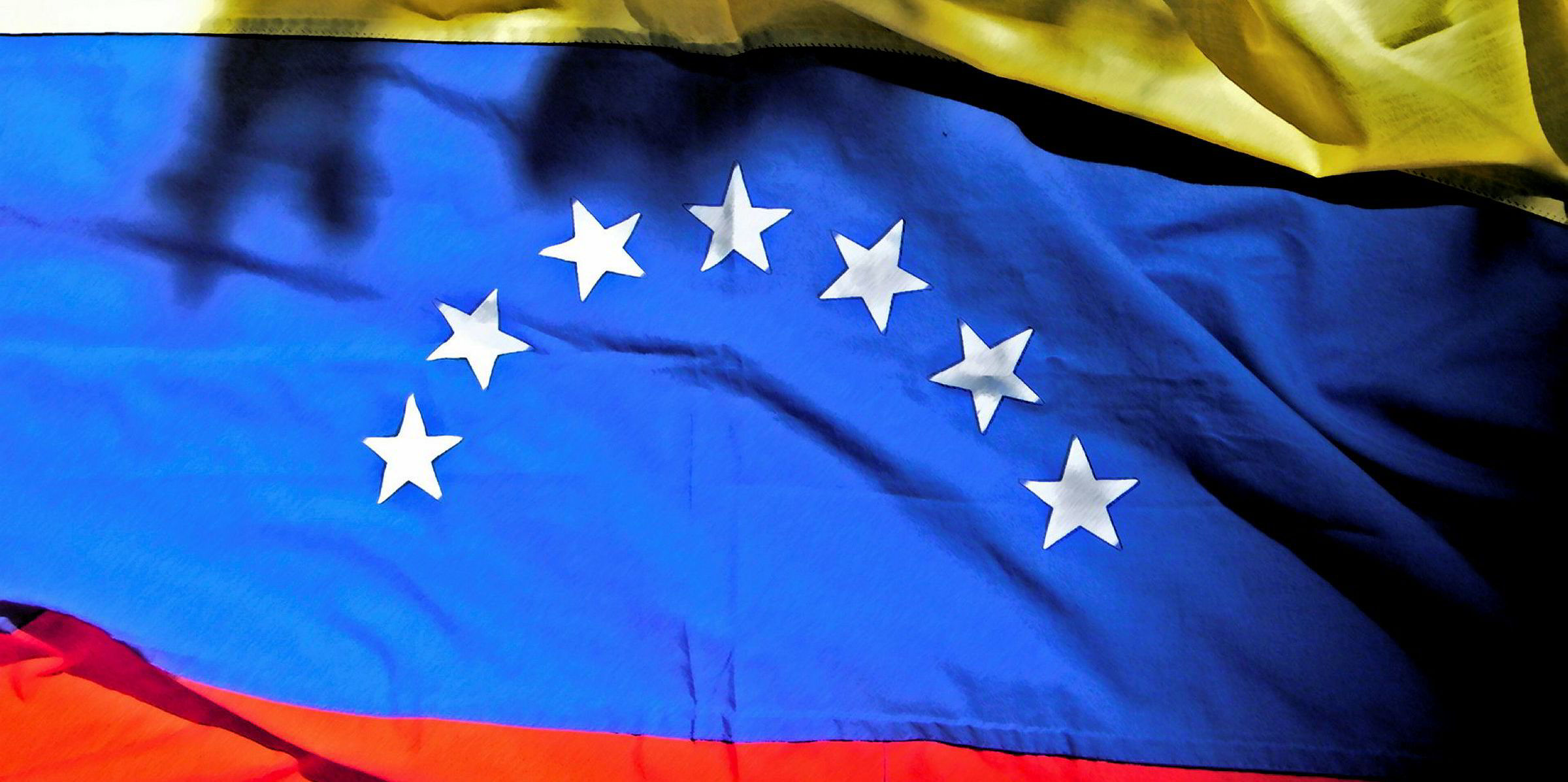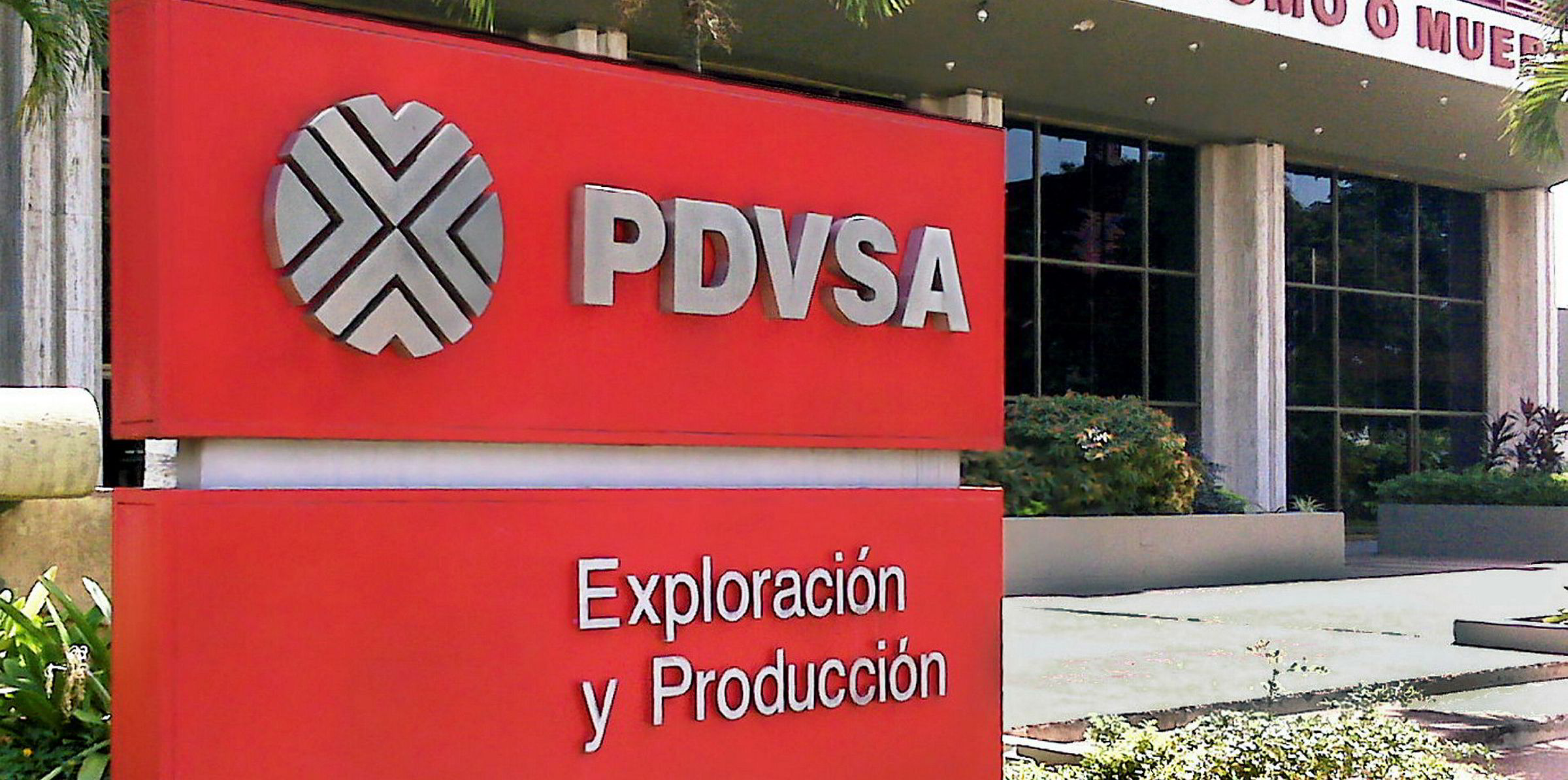Some tanker owners are still willing to lift crude in sanctions-hit Venezuela — a trade that is apparently fetching hefty premiums.
Brokers report the TMS Tankers-owned, 159,638-dwt Karekare (built 2017) was fixed by PetroChina to load 130,000 tonnes of crude at Puerto Jose in northeastern Venezuela on 22 February for shipment to Ningbo, China, for a lump-sum rate of $6.3m.
This represents a $2m premium compared with similar suezmax trades, said a London-based broker, who added: “[The owner] is quite keen on this business.”
Some sources claim reports of the fixture may contain wrong information. AIS databases show the Karekare is destined for the Caribbean island of St Eustatius, where state-owned Petroleos de Venezuela SA (PDVSA) stores its crude.
TMS and PetroChina declined to comment.
Saudi state-owned shipping group Bahri has confirmed the 303,000-dwt Abqaiq (built 2002) is ballasting from the Red Sea to load from Puerto Jose for one of its regular clients in India.
“Venezuela is a frequent loading destination for Bahri’s oil tankers, delivering cargoes to ports in India and China. Hence, the recent voyage to the Port of Jose is not an exceptional or peculiar one,” a company statement said. “Bahri strictly adheres to and ensures full compliance with the applicable laws and regulations in every market where it operates.”

According to Bahri, the cargo was contracted before the US announced sanctions on Venezuela’s oil sector and PDVSA on 28 January.
The Abqaiq’s voyage to India is expected to be completed within the wind-down period for the sanctions.
Also, the International Seaways-owned, 300,900-dwt Gener8 Success (built 2016) loaded crude at Puerto Jose in early February before sailing for Singapore, data from Bloomberg shows. TradeWinds understands that the ship was fixed before the sanctions were announced and that the New York-listed owner will steer away from Venezuelan business from now on.
Sanctions impact
Although not explicitly exposed to US sanctions so long as they do not deal with PDVSA directly, shipping companies have generally avoided carrying cargoes in potentially sanctioned trades so as not to draw the ire of Washington.
According to the Department of the Treasury, US entities will need to wind down their purchases of Venezuelan crude by 28 April.
Except for exports of heavy naphtha as diluents for Venezuela’s extra-heavy crude, they may have until 27 February to wind down their product sales with PDVSA.
Non-US entities cannot deal Venezuelan oil in US-related transactions after 28 April. Some reckon this leaves the door open for trading in non-US currencies.
In practice, market participants point out, companies are more comfortable shipping Venezuelan crude to Asia, while steering away from US charterers.
Vessel employment opportunities for Europe-bound shipments are lacking, with importing firms hesitant to purchase Venezuelan crude after many European countries voiced opposition to President Nicolas Maduro, according to Braemar ACM.





